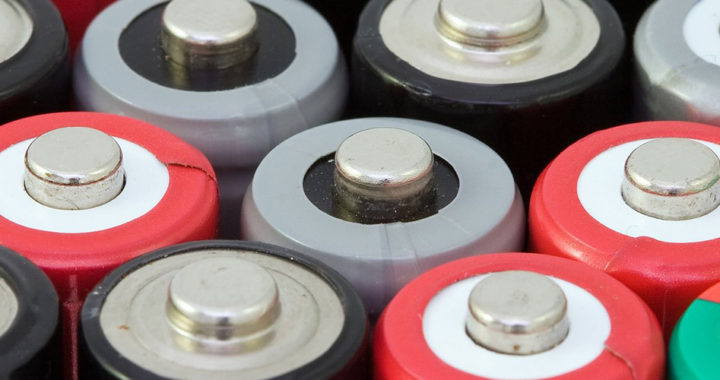An alkaline battery is a type of battery, particularly a dry cell primary battery that works through the chemical reaction between zinc and magnesium oxide, and uses an alkaline electrolyte based on potassium hydroxide to generate electric current.
Currently, alkaline batteries are the most popular type of disposable batteries in the market. They are used in small electronic devices such as clocks and remote controls, as well as portable radio and battery-powered toys. Nonetheless, while an alkaline battery is a primary battery originally intended for disposal after a single use, modern battery technologies have allowed the development of rechargeable variants.
Understanding How Alkaline Battery Works
All batteries generally work the same. Remember that they have a negative electrode or anode and a positive electrode or cathode. In an alkaline battery, the anode is the zinc, and the cathode is the magnesium oxide. Modern alkaline batteries also have carbon in the cathode mix. Understanding the chemical reaction of zinc and magnesium oxide is essential to understanding how an alkaline battery works.
Chemical reactions transpire in the anode and cathode due to their individual interactions with the ions from the alkaline electrolyte solution of potassium hydroxide.
In the zinc anode, an interaction with ions of potassium hydroxide causes a build-up of excess electrons. The phenomenon results in an electrical difference between the anode and cathode. Furthermore, because of the build-up of electrons in the zinc anode, they would have the natural tendency to move somewhere else.
In an alkaline battery, these excess electrons should move in the magnesium oxide cathode. This is impossible by default because there is no direct connection between the anode and the magnesium cathode.
Allowing the excess electrons to move requires creating a closed circuit—particularly by placing the alkaline battery into a device. The movement of the electrons from the anode to the cathode via the closed-circuit creates an electric current. This is how alkaline batteries power electronic devices.
It is also important to note that the magnesium oxide cathode can receive excess or free electrons due to its interaction with the ions from the alkaline electrolyte solution of potassium hydroxide. To be specific, the reaction ions from the electrolyte reacting with free electrons to form compounds.
Pros: Benefits and Advantages of Alkaline Battery
1. Higher Energy Density
One of the notable advantages of an alkaline battery is its higher energy density. It has double the energy density of primary or disposable batteries such as Leclanché cell and zinc-carbon batteries, and four times the capacity of equivalent nickel cadmium or nickel metal hydride batteries. Hence, it can provide or produce the same energy while lasting longer than other batteries.
2. Longer Lifespan
When compared to chloride-type batteries such as lithium thionyl chloride or Li-SOCl2 batteries, alkaline batteries have longer lifespan while unused. They can last up to seven years while non-operational and losing about 5 percent of charge per year. They also remain usable even under low ambient temperatures. Leakage rate is also lower than Leclanché cell batteries.
3. Safer and Fewer Risks
Relative safety is another advantage of an alkaline battery. Compared to acid-based or lead-based batteries, modern alkaline batteries have lesser health and environmental impacts because it is recyclable and does not require special disposal methods due to the absence of mercury and other heavy metals.
Cons: Limitations and Disadvantages of Alkaline Battery
1. Bulkier Form Factor
A larger form factor in consideration of energy density is a considerable disadvantage of an alkaline battery, especially when compared to a lithium-ion battery. Such limits applications in consumer electronic devices such as portable computers and smartphones in which minimal dimensions are critical selling points.
2. High Internal Resistance
High internal resistance results in the buildup of heat and a drop in voltage. Note that resistance determines the runtime of a battery. A high internal resistance reduces the power output of a battery. This is another disadvantage of an alkaline battery.
3. Leakages and Damages
All batteries leak when mishandled. In the case of these batteries, leakage results from recharging disposable variants, mixing different battery types within the same device, self-discharge and leaving them placed inside an unused device. Note that alkaline batteries can leak or explode due to internal pressure caused by gas buildup from self-discharge. Leaked chemicals are corrosive and thus, can damage a device and cause minor irritations to the skin.

